Swelling can become a serious problem. A swollen face, hands, and legs do not look healthy and are quite uncomfortable. It’s certainly a case where you need to see your doctor and do basic things like eating less salt, but there are some additional tips that can help.
We also know what it’s like to feel bloated, and we’ve shared some pro tips that we hope will be practical for you.
How to Reduce Swelling
Have No More Than One Spoonful Of Sugar A Day
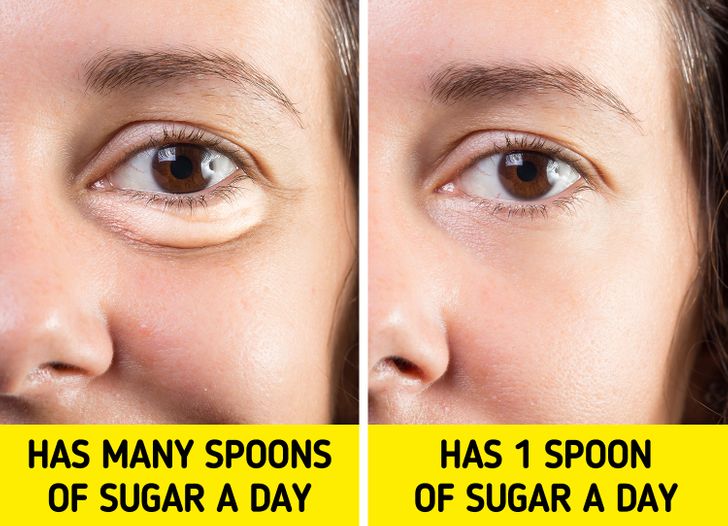
Experts say that you don’t need to eat sugar to keep your blood sugar at a normal level. Too much glucose makes your face and eyes swell. In fact, our bodies are designed to ingest only 1 teaspoon of sugar a day.
Don’t Skip Exercises Before Your Period
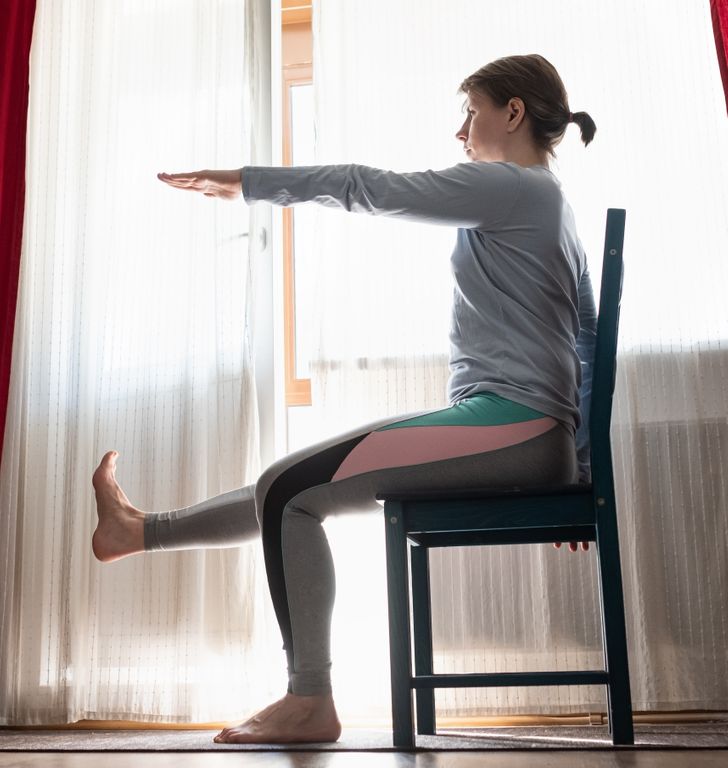
Symptoms, such as a bloated stomach and swollen arms and legs, are common in PMS. Experts do not recommend skipping exercise before menstruation.
You should do this regularly, except at times when you feel unwell or ill.
Use A Compression Wrap For Hands And Legs At Night
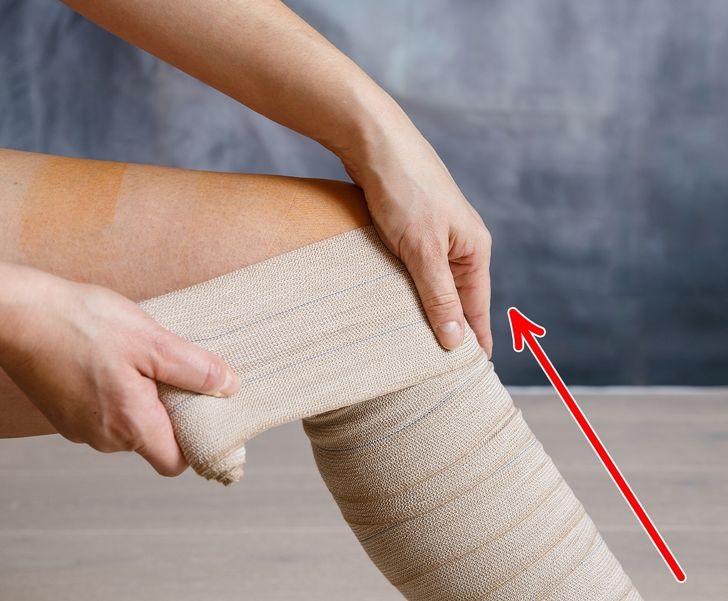
If you feel comfortable, you can apply a bandage or make a compression wrap at night for the hands and legs. It helps reduce swelling and prevent it from getting worse, so start small and work your way up.
Do not bandage if you have an infection in the abdomen, legs, or feet.
Don’t Drink Hot Water
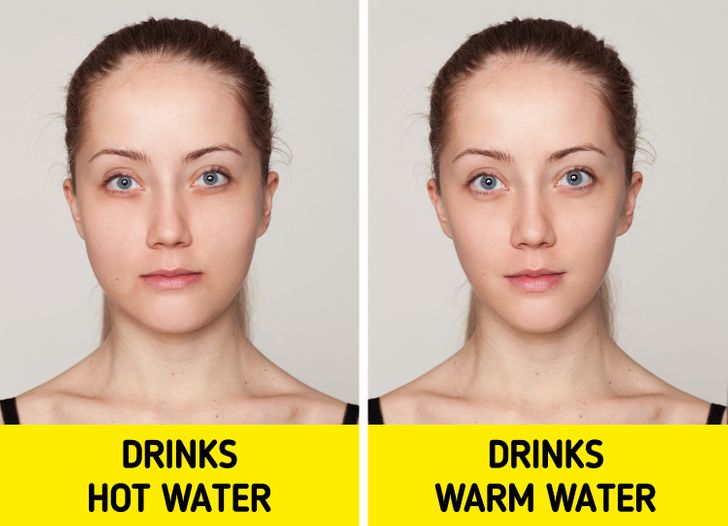
Hot water improves blood circulation and speeds up digestion. It widens the blood vessels and more oxygen reaches all parts of the body.
As a result, you are less bloated. But don’t drink very hot water. Experts say that it can have the opposite effect and cause the joints to swell.
Drink Lemon Water To Reduce The Chance Of Swollen Feet

Lemons are powerful anti-inflammatory agents. They can help your body repair any damaged tissue and reduce swelling.
They are especially good for inflammatory conditions like arthritis and are generally a very effective method of fighting to swell. Try to drink lemon water every day and keep doing it consistently.
Make Sure You Have The Right Home Temperature
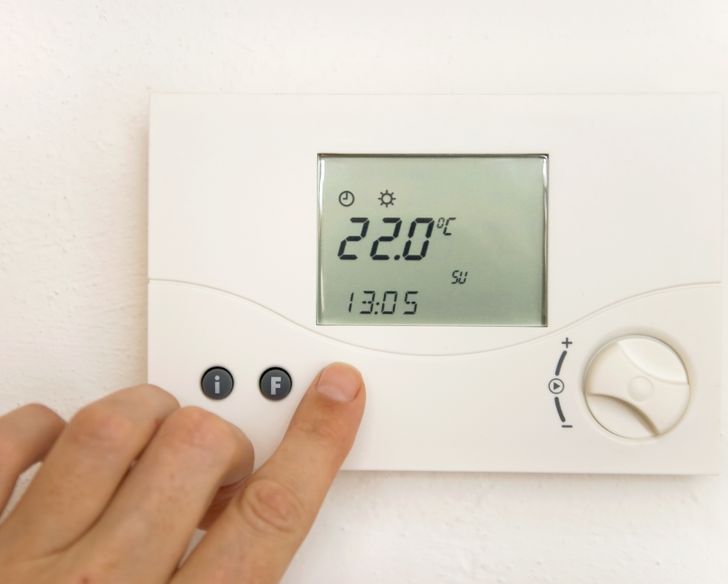
There is a risk of swelling due to heat and humidity. Make sure the temperature in your house is good and does not harm your body.
Swelling occurs when the blood supply to the skin increases and you may feel dehydrated and bloated at the same time.
According to the researchers, each room in your home has an ideal temperature:
- Living room: 68°F — 71.6°F
- Bedroom: 61°F — 66°F
- Office room: 68°F — 71.6°F
- Children’s bedroom: 61°F — 71.6°F
- Entryway: 59°F — 64.5°F
- Corridor: 59°F — 64.5°F
- Bathroom: 71.6°F — 75°F
- Kitchen: 64.5°F — 68°F
What do you usually do to combat morning bloating? How much salt and sugar do you consume?
Preview photo credit Depositphotos.com









